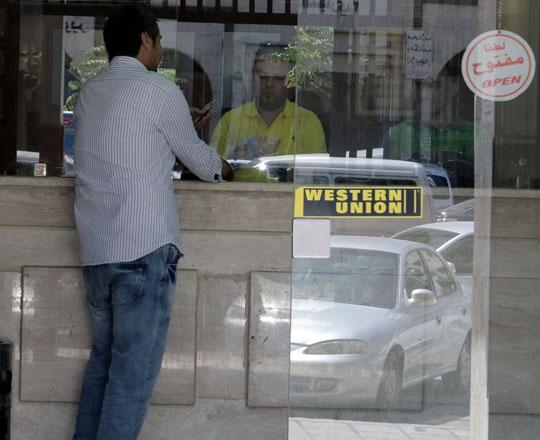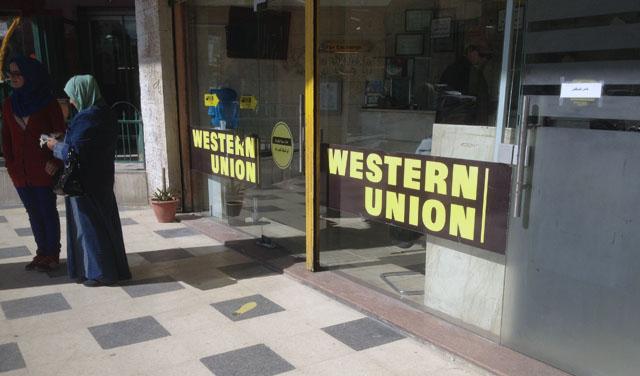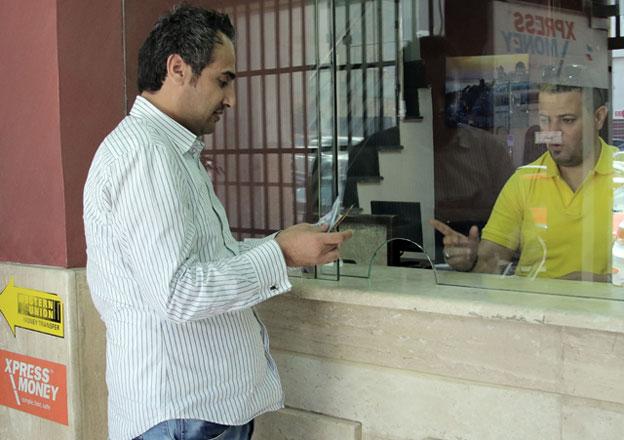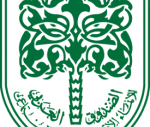You are here
Demand for dinar rises with influx of Gulf tourists, expats
By Omar Obeidat - Aug 10,2014 - Last updated at Aug 10,2014
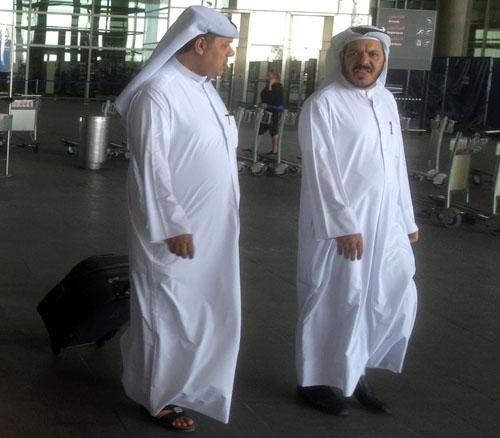
AMMAN — The "tourism boom" in Jordan after Ramadan has pushed up demand for the dinar, the president of the Jordanian Exchange Association, Alaa Eddine Diraniyeh, said on Sunday.
In a phone interview with The Jordan Times, Diraniyeh described the current demand for the dinar as "very strong", thanks to surging numbers of Jordanian expatriates and tourists coming from Arab Gulf countries.
"There is a tourism boom in the Kingdom," he said, adding that the strong activity by Arabs and Jordanians who live abroad to change foreign currencies into the dinar started immediately after Eid Al Fitr, the Muslim feast marking the end of Ramadan.
"Demand for the dinar has been strong until now," Diraniyeh noted.
According to the leading money changer, the Saudi riyal topped the list of currencies converted into dinars, followed by the United Arab Emirates dirham.
The dinar is also in demand by tourists from Qatar, Bahrain and Kuwait, in addition to Jordanian professionals working in these countries, he added.
Asked if demand for the dinar was stronger than it was in the same period of 2013, he said it was nearly 5 per cent higher this year.
A report published Sunday by Al Ittihad, the largest newspaper in the UAE, said the Jordanian dinar was the Arab currency most in demand in the UAE's money exchange market, followed by the Egyptian pound.
According to the Ministry of Tourism, the number of tourists from Arab Gulf countries increased by 16 per cent during the Eid holiday, which started on July 28 and concluded on August 2, compared to the same period last year. A total of 55,000 tourists from Gulf Cooperation Council countries entered the Kingdom during Eid.
The highest number of visitors came from Saudi Arabia (43,656), followed by Kuwait (6,000), according to official figures.
Tourists from the Gulf constituted 17 per cent of the total number of visitors to the Kingdom this Eid.
Diraniyeh pointed out that Syrians in Jordan are also boosting demand for the dinar, as many Syrian businesspeople buy residential apartments in the Kingdom.
Several Libyans are also visiting money exchange offices, he said, noting that they are in Jordan on vacation and for medical treatment.
The demand for the dinar is expected to continue through the end of this month, when Gulf tourists and expatriates head back before school starts, scheduled to begin in September, he added.
Jordanian expatriates in the Gulf usually return home in summer to spend the holiday with their families.
Official figures estimate the number of Jordanian expatriates at around 750,000 professionals working in the Gulf region, mainly Saudi Arabia and the UAE.
According to Central Bank of Jordan figures, expatriate remittances rose at the end of June by 3.1 per cent, standing at $1.850 billion compared with $1.794 billion during the same period last year.
Related Articles
AMMAN — Demand for the dinar, the Egyptian pound and the Turkish lira is expected to rise ahead of Eid Al Adha, Jordanian Exchange Associati
Demand for the Jordanian dinar in 2014 was the strongest in years, President of the Jordanian Exchange Association Alaa Eddine Diraniyeh said Tuesday.
AMMAN – Money changers across the Kingdom have been reporting growing demand for the dinar driven by Jordanian expats and Arab visitors, a s


